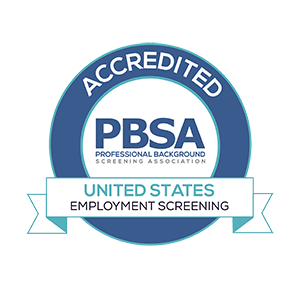Techies and casual users who are part of the social media revolution probably can’t imagine their life without their favorite networking site, but that obsession could easily get them in trouble.
More and more employers are sweeping social media websites while conducting research on job applicants. That can be worrisome for prospective employees who believe they can speak freely in an online forum without consequence in the professional world.
Think about how many friends have posted embarrassing photos of themselves without enabling the privacy settings to make sure only their close peers can see them. How many have openly complained about their job? Maybe even you have posted something questionable, only to regret it the next day.
Social media searches have become a regular part of pre-employment background screening, but there are few governing rules in place. Even some professional sports franchises have put the kibosh on players ‘tweeting’ from the locker room, citing a lack of restraint in a vast public arena. The sometimes all-too-honest posts are what employers are looking for during a pre-screening.
The same bodes true for sites like Facebook that, while entertaining, can also be the deciding factor in whether or not you land a job. Users often like to sound off about a bad day at work or a tyrannical boss, however, those simple sentences typed in frustration years ago can come back to haunt an otherwise reliable and even-keel employee. YouTube videos, even humorous ones, can also be a killer.
Of course, the battle wages on over issues related to privacy, discrimination and accuracy. Opponents to social media background checks say personal and professional lives should be viewed separately, and therefore, any indiscretions away from the office should be ignored. Someone who goes on a weekend bender might be a high performer when it comes to crunch time.
But there is something to be said about how Internet posts or photos can reflect on someone’s overall character. Most people have a work personality that’s completely different than their personality at home, so how do employers know which person is the real deal? Now they can observe and weigh those personalities when deciding who to choose for the position.
There is a certain etiquette that will surely continue to take shape over the coming years. Until then, holding back online rants might be a wise choice.


Leave a Reply
Want to join the discussion?Feel free to contribute!